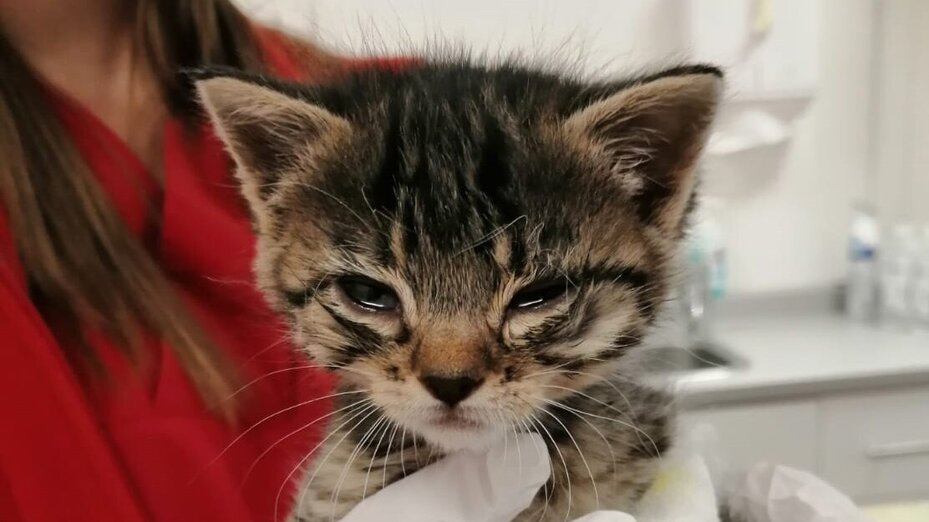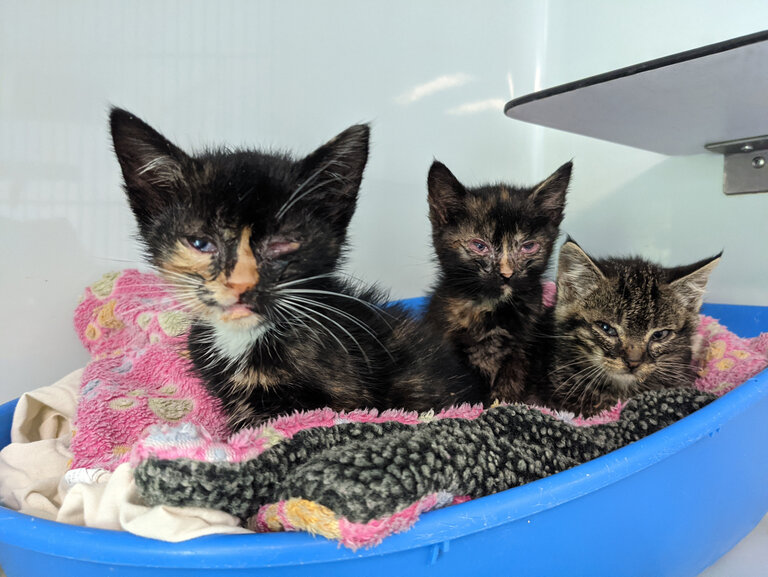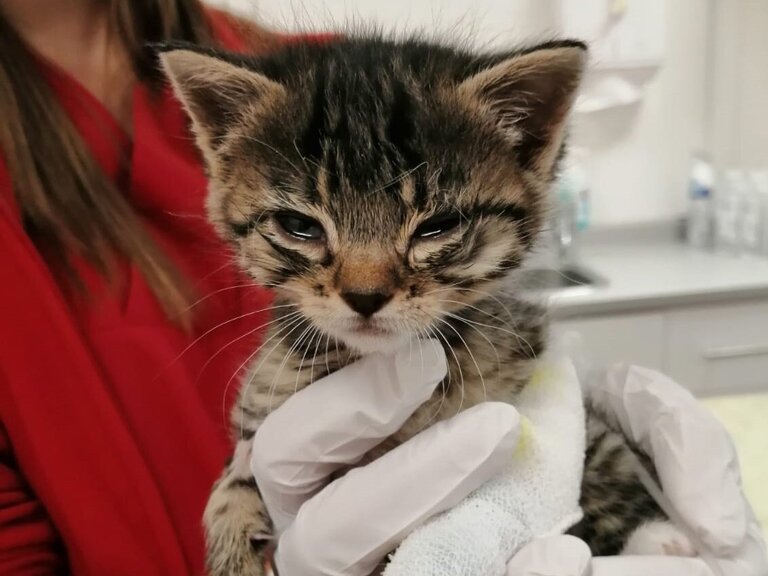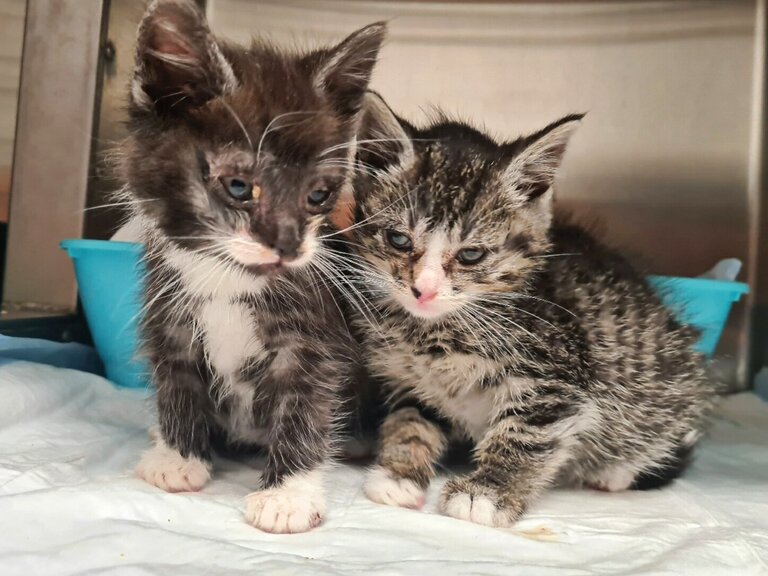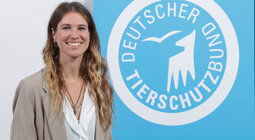The “kitten glut” in animal shelters feared by the German Animal Welfare Federation has apparently materialized. According to the umbrella organization of animal shelters, many have reported an increase in the number of kittens found, surrendered or abandoned in recent weeks. The flood of cats is caused by unneutered outdoor cats from private households and street cats that reproduce uncontrollably. As part of the “Every cat's life counts” campaign, the German Animal Welfare Federation is therefore renewing its call for a nationwide neutering requirement for outdoor cats and for appropriate financial support for animal shelters and animal welfare organizations.
“Animal shelters are overcrowded and at the end of their tether. We also receive daily inquiries from cat owners who want to get rid of their animals,” says Thomas Schröder, President of the German Animal Welfare Association. The burden placed on animal shelters by too many cats and their suffering is avoidable: “In the course of the current amendment to the Animal Welfare Act, there is an urgent need for compulsory castration of outdoor cats nationwide,” demands Schröder and criticizes the federal government for shirking its responsibility: “We must now take consistent action. The suffering of millions of street cats has long been a nationwide problem, not a local one!” A nationwide castration obligation is therefore proportionate - even if the federal government claims otherwise. “If politicians do not ensure that fewer animals end up in shelters, practical animal welfare will collapse.”
ANIMAL SHELTERS ARE AT THEIR LIMIT
The “Big Cat Protection Report” compiled by the German Animal Welfare Association shows that cat suffering in Germany has reached dimensions that animal welfare organizations and animal shelters can hardly cope with on their own. Many of the kittens are weakened by disease, parasites, injuries and hunger and require extensive care and attention. Many do not survive. “The flood of kittens is no longer a flood, but a tsunami,” reports Tiernothilfe Nord from Soltau in Lower Saxony. The population of free-roaming street cats is growing and growing. While the organization is neutering cats at its own expense, the government is resting on the backs of the animal rights activists, according to the criticism.
Katzenhilfe Ehingen und Umgebung from Baden-Württemberg also confirms that there are too many unneutered cats that are multiplying rapidly. “We are spinning in a hamster wheel with no prospect of making a difference. The only thing that will help is compulsory neutering, but nobody wants to hear that,” say the animal rights activists. The animal welfare association in Lübben cites just one example of the many cat fates in the country: two kittens were “disposed of” in a clothes container; only one animal could be rescued alive. The Bremen animal shelter took in a kitten that was found in the garbage compactor.
Almost a third of animal welfare organizations are certain that cats are victims of animal cruelty or killing more than other animal species, according to a survey by the German Animal Welfare Association. 18 percent report that such cases have increased in their catchment area. Cats are often abandoned and left to fend for themselves, kept in inappropriate conditions, beaten and kicked or even poisoned.
Note to the editors: You can find the “Big Cat Protection Report” as a PDF here: www.jetzt-katzen-helfen.de/report

